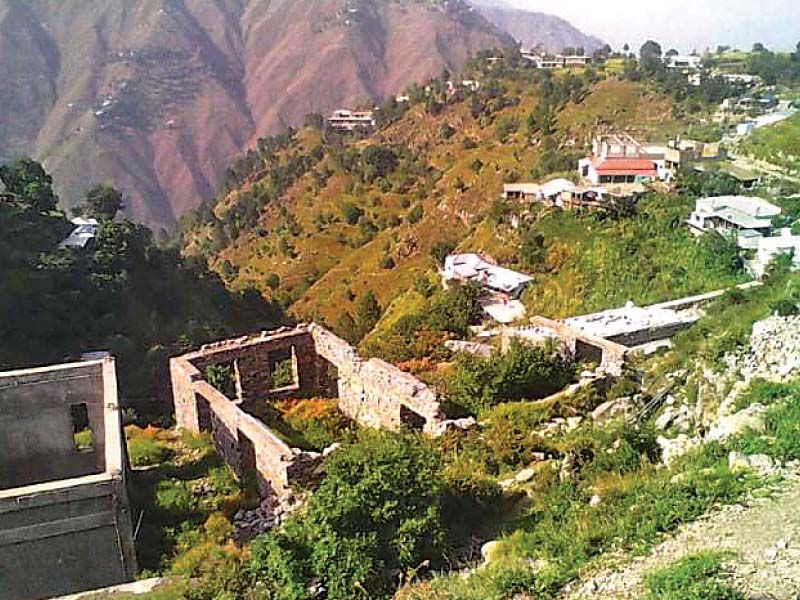
The Board of Directors of the Manila-based lender approved the loan to enhance Pakistan’s energy security by helping install clean energy sources and improve people’s access to electricity in two of the country’s provinces, according to an official handout.
It is the second loan the ADB approved in less than 24 hours, bringing fresh approvals to $525 million. Unlike the previous loan of $200 million that will be used for budget financing, the fresh borrowings have been obtained for project implementation.
The ADB approved the loan under the Access to Clean Energy Investment Programme. France is also expected to contribute $78.6 million for this programme.
It will be implemented over a period of 10 years and will support the provincial governments of K-P and Punjab to achieve increased access to sustainable and more reliable electricity services for vulnerable communities.
Conditions for loan
However, the disbursements are linked with achieving the agreed results aimed at ensuring provision of energy to those remote and rural areas that are outside of the reach of the national power grid. The main beneficiaries will be the off-grid communities who live in far-flung rural areas, where socioeconomic indicators are relatively lower than in the rest of the country, according to the ADB.
The loan will help inclusion of isolated and comparatively disadvantaged segments of the rural population. In K-P and Punjab, energy poverty coincides with economic poverty, especially in rural areas. Almost 70% of the rural population in K-P and more than 65% in Punjab live below $1.25 per day. This ratio is significantly higher on the revised poverty line of $1.90 per day.
Compared to Pakistan’s overall electrification rate of 69%, only 57% of the rural population has access to electricity, according to project documents. Electricity coverage further declines to 20% in some of the remote and rural districts in these two provinces.
K-P with a population of over 28 million is one of the poorest provinces in Pakistan and in some of its districts the electrification rate is below 20%. Meanwhile Punjab, the province with the largest population in Pakistan, consumes around 68% of the country’s electricity and gas.
Due to difficult terrain and geographic location, transmission lines either could not be extended to such remote regions. Additionally, such ventures are usually deemed financially unfeasible. It is highly likely that those areas will not be receiving access to electricity from the national grid in the near future, according to ADB’s projections.
Details of the programme
The programme will install renewable energy power plants including the construction of 1,000 micro-hydropower plants (MHPs) in off-grid areas of K-P.
It will also provide and install rooftop solar plants for 23,000 schools and over 2,500 primary healthcare facilities in two provinces and a university in Bahawalpur, Punjab.
The MHPs and solar plants will provide electricity to around 1.5 million people in rural areas and to more than 2.6 million students, including 1.2 million girls.
The project will help meet the growing energy demand to fuel economic activities and increase access to sustainable and more reliable electricity services particularly for vulnerable communities in K-P and Punjab, said Adnan Tareen, Senior Energy Specialist with ADB’s Central and West Asia Regional Department.
Published in The Express Tribune, November 26th, 2016.
Like Business on Facebook, follow @TribuneBiz on Twitter to stay informed and join in the conversation.
1731570357-0/elon-musk-(1)1731570357-0-405x300.webp)
-(1)1717678110-0/Kendrick-(1)-(1)1717678110-0-165x106.webp)















COMMENTS (1)
Comments are moderated and generally will be posted if they are on-topic and not abusive.
For more information, please see our Comments FAQ